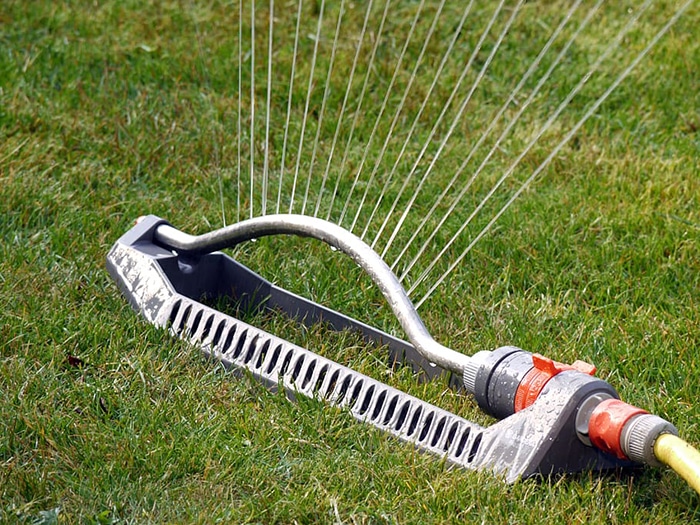
Calling it nothing more than “window dressing” Chatham-Kent Essex MPP Rick Nicholls openly dismissed Hydro One’s recently formed Farm Rapid Response Team dealing with stray electrical current in rural areas.
“We have a severe, proven problem with stray electrical current and this is the response? It’s nothing but a fancy, sexy name developed by Liberal spin doctors,” he said. “I think it’s code for let’s stall and hope the problem goes away.”
The initiative, rolled out late last month, will provide rural residents with a 1-800 phone number to call if they are concerned there may be a problem with ground electricity.
“What do you think people do now, if they have a problem,” he asked rhetorically. “They pick up a phone and call Hydro One. This is the best the government could come up with?”
The utility giant is partnering with the Ontario Federation of Agriculture on the venture.
“I’m amazed that the OFA has aligned itself with this idea. It does virtually nothing about the real issue.”
Nicholls said he’s concerned the idea is meant to derail his private members bill on elimination of stray electrical current in rural areas.
The Bill received unanimous consent on second reading in the House in February and is now in committee.
“It appears to be a back-door way to appear to be seen to be addressing the problem,” he said. “They know my bill would cost money to fix the problem and the province would much rather pay lip service than pick up the cheque.”
Stray current occurs when surplus energy from the power grid travels through the ground from systems that use the earth as “ground” rather than having a closed loop system.
“We need to close the loop,” Nicholls said. “Stray current is making farm animals infertile, causing aborted pregnancies and killing them. The evidence is strong that it may be having the same effect on humans. “
He said Hydro One has continued to measure voltage instead of current.
“The key here is that voltage won’t kill but current will,” Nicholls said.
In announcing the concept Hydro One called it a
“new centralized approach to help identify, assess and mitigate on-farm electrical issues….to better serve the needs of Hydro One’s 13,000 farming customers.”
Based on a partnership dating back to 2013, it will “provide farming customers access to a specialized team who will manage on-farm electrical issues throughout the province. This streamlined and simplified approach provides Hydro One’s farming customers a single point of contact to manage their specific on-farm concerns.”
The utility said it expects to have the team in place by summer.
“We are pleased to have developed a new working relationship with Hydro One to address the issues that are most important to our agricultural industry,” said Brent Royce, Chair of the OFA’s working group.
“Addressing on-farm electrical issues is our collective priority as it affects famers across the province,” said Brent Royce of the OFA. “Hydro One’s new approach will help address these issues in a consistent and timely manner.”
Nicholls said by leaving the responsibility with farmers, the province is ignoring the extent of the problem.
“We know stray current is a problem and it’s a problem whether it’s reported or not. Hydro One has the expertise but lacks the will to fix this. We shouldn’t expect farmers to be hydro experts.”
Nicholls said while there is a cost to eliminate stray current, the cost of not addressing the issue is likely far greater.
“What we don’t know is how many animals are dying and for that matter we won’t know for sure that people aren’t dying as well.”
He said issues have been known for years but as more research is done, the results become clearer.
“Marie Von Bommel (former Lambton MPP) brought this to the attention of the House but we’ve had three elections since that time and nothing meaningful has been done by the government. They’re out of excuses. It’s time to act.”






